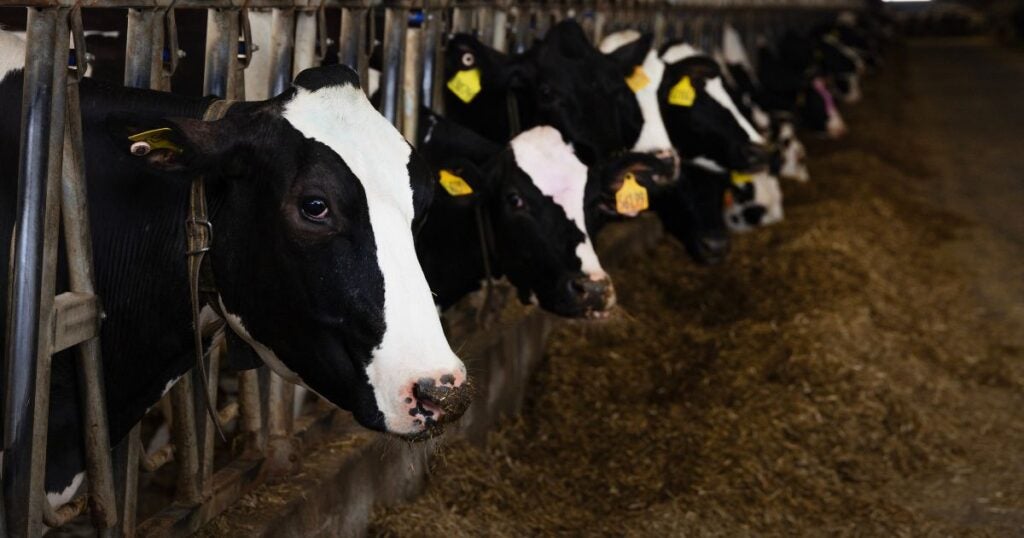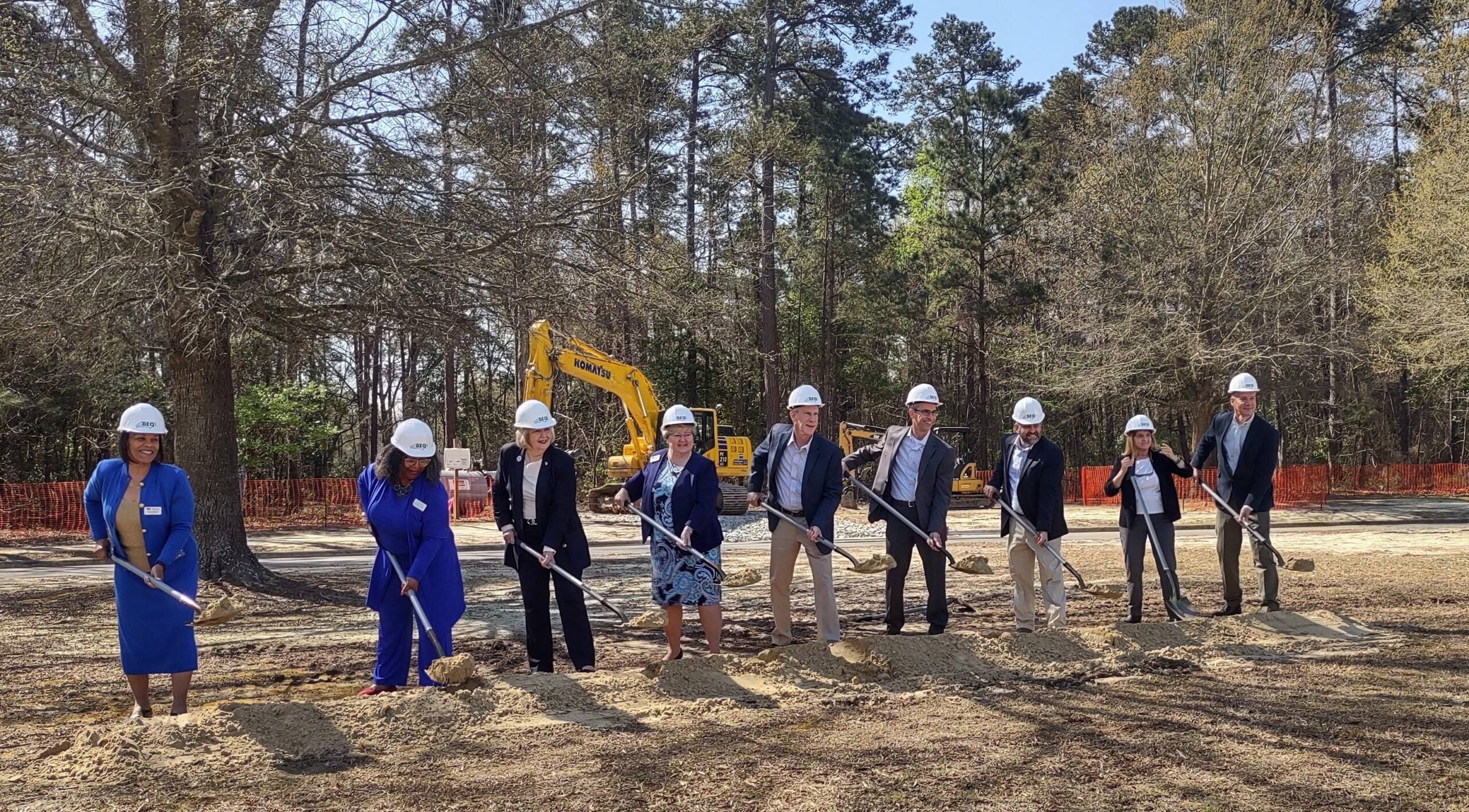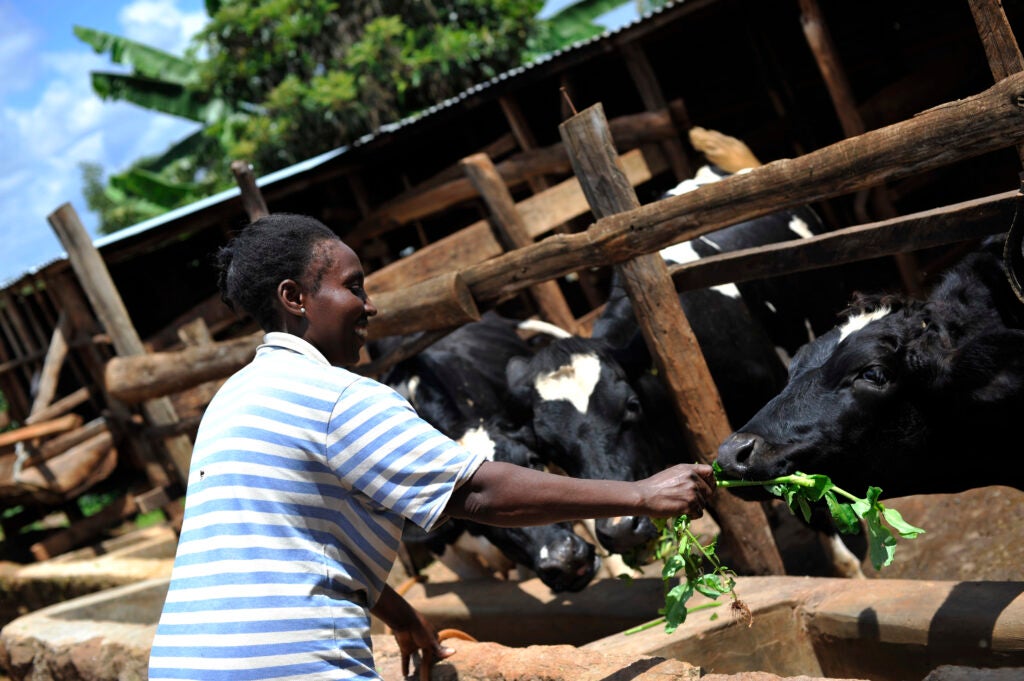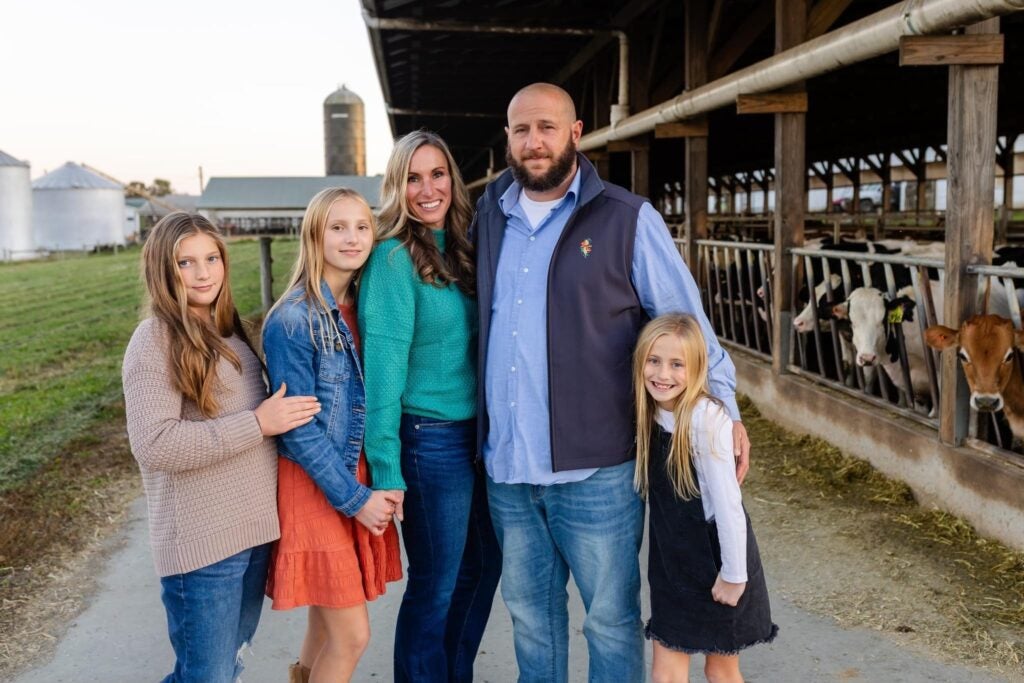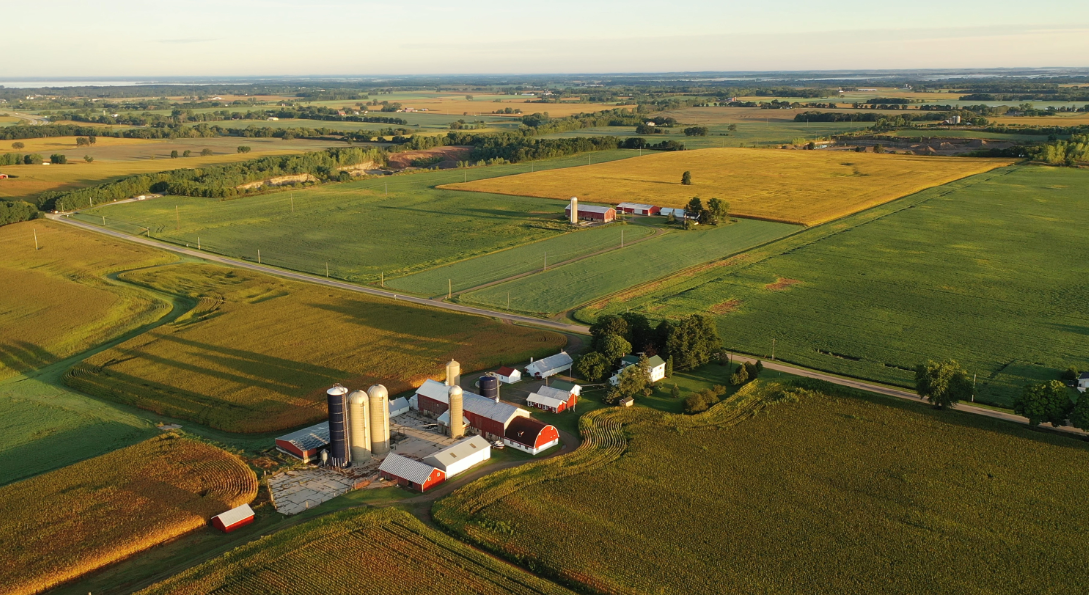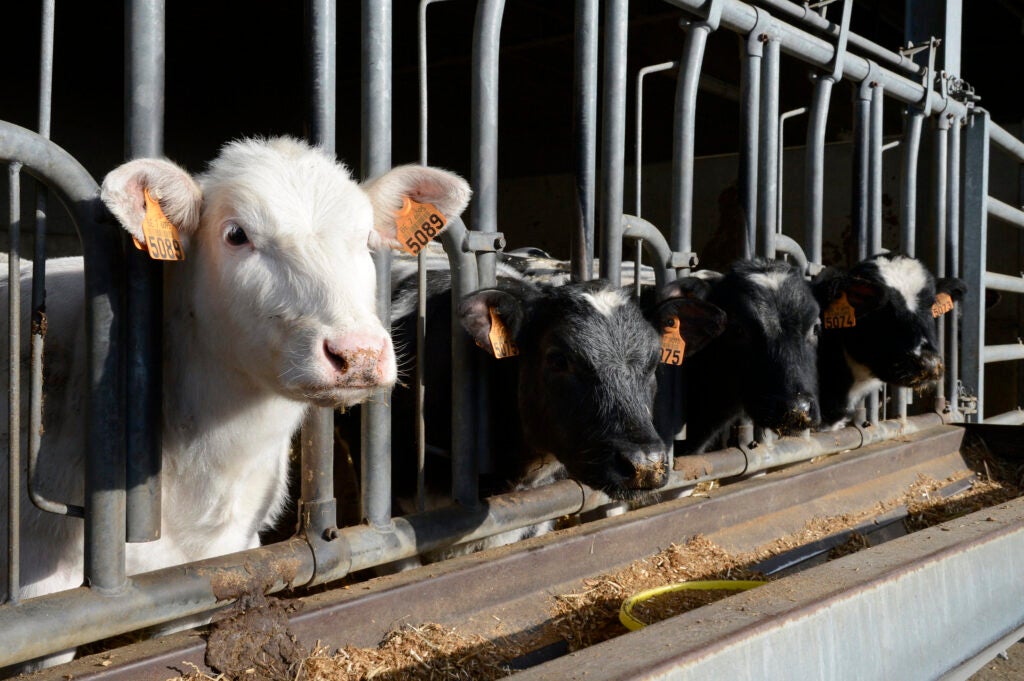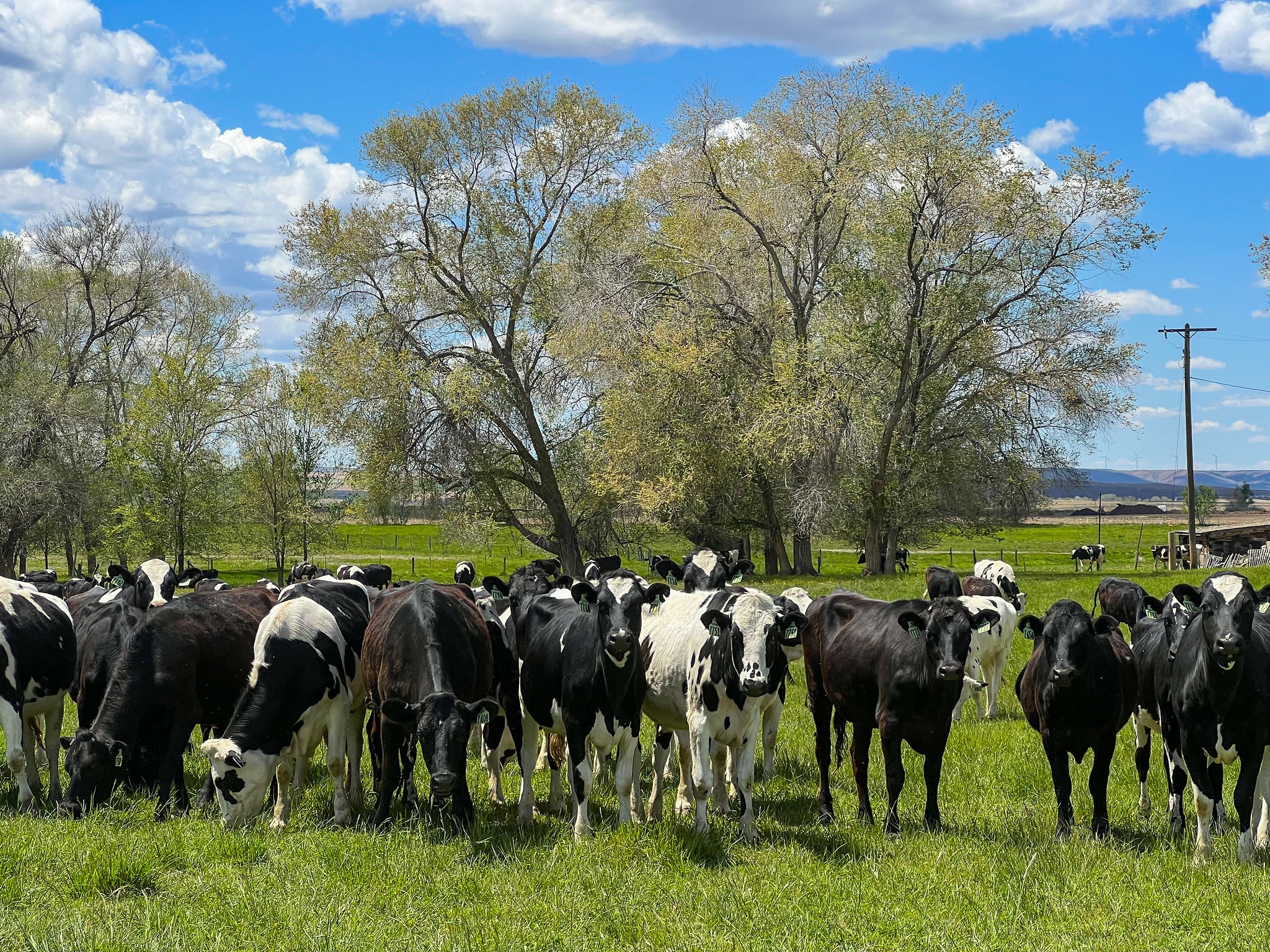Ireland’s lush pastures and deep-rooted agricultural traditions have long made it a global dairy powerhouse. But with agriculture contributing nearly 38% of the country’s greenhouse gas emissions — four times the EU average — there’s no escaping the uncomfortable truth: Ireland’s booming dairy sector must evolve to meet the country’s climate targets.
To respond to this pressing challenge, Environmental Defense Fund Europe (EDF Europe) and EIT Climate-KIC partnered to explore a new vision for sustainable dairy. The goal? To co-create a future-proof model that balances climate action with economic resilience in Ireland’s rural heartlands.
Below, we’ll outline a new roadmap for sustainable dairy. Read More











